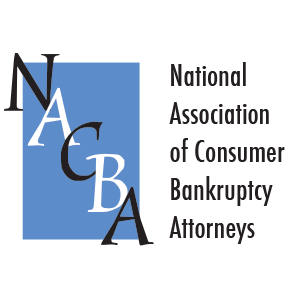My Least Favorite Bankruptcy Myth Ever.
by Sarah J. Crouch, Esq.
This popped up on my facebook feed the other day…and caused me to fly into a rage. An absolute screaming, howling, righteous, my husband thinks I am a nutcase rage.
You may think: This seems innocuous enough. I have no idea why you are so angry about this. It seems basic. Don’t spend on frivolous items and you won’t end up in debt right?
Wrong.
If I took a highly unscientific sampling of my clients I can tell you with much certainty that nearly zero of my clients were out buying Ipads and Jimmy Choos. They were buying groceries, gas, medicine, or paying for emergency repairs on the car or the house.
This means that people with high credit card debt may have just been trying to get by and this “meme” misinforms the public to believe that these people have debt because they were out making frivolous purchases.
And this presumption is why people feel badly when they come into my office the first time to talk about bankruptcy. They feel like they are deadbeats that aren’t paying their bills. They feel a moral obligation to pay for purchases they have made even though the bulk of them were likely emergency purchases. These people feel badly about this. Terrible. And the social norm that assumes they were out spending the money they didn’t have on Ipads is why they feel extra bad. They will never speak of this. They don’t want emails about this going to their personal email. I have had clients literally get PO boxes so the mail carrier wouldn’t know ( I could honestly care less what my mail carrier thinks of me…)
It is amazing.
And all because they are using a financial tool that Congress made available to them to get out of debt that was not their fault. Something happened. They got sick, they lost a job, they had a family emergency, they got divorced. There is no reason to feel badly for pursuing all your options and make a call that is best for you, not for your mail carrier.
There are many many reasons that people file bankruptcy and get into debt. I have been doing this for awhile now….and Jimmy Choos and Ipads are not among the reasons I have ever heard.








